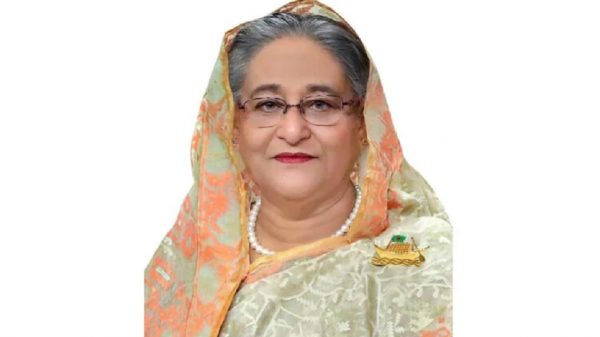Enabling environment for women in workforce a must

SUCCESSIVE governments have encouraged women’s participation in the formal economy but failed to provide policy support to enable them to effectively contribute, say researchers and civil society actors at a seminar organised by the International Growth Centre. Government and non-government stakeholders at the seminar have acknowledged the success in opening avenues for women in the labour market but reported how women are still discriminated against in workplaces. A researcher says that there are instances when women are paid less than their male counterparts for the same job. For increased women’s participation, the government has introduced a stipend for girls in secondary school, but similar initiatives are not there to eliminate discrimination in employment. Workplace safety has remained an unaddressed issue for decades. Inadequate child care centres and transport facilities, particularly at night shift, often force women to leave their job. It is evident that the government needs to take policy action to end gender discrimination at work.
Women’s participation as cheap labour in the apparel sector is a celebrated phenomenon. A BRAC University survey in 2020 reported that of the total 25,62,383 workers in the sector, women accounted for 58.3 per cent. However, women in the sector work in the face of widespread discrimination and insecurity. Studies have reported how sexual harassment is rampant in the sector. Even though a high incidence of sexual harassment is reported, the issue of gender-based violence is not addressed either by the labour ministry or by the factory owners. There are also reported cases of wage discrimination and a tendency to not promote women to managerial positions because of patriarchal prejudices. Women from outlying districts join the labour market in Middle Eastern countries and their remittances significantly contribute to the national economy. They, too, work without any form of employment security or physical safety. An earlier study said that every month, on an average, at least 200 domestic workers return home from Saudi Arabia as victims of sexual violence. Women in white-collar jobs still struggle to break the glass ceiling. In the media sector, only 10 per cent of the workforce is women. In 2016, a report by Manusher Jonno Foundation revealed that 10 per cent of women in the police force suffer sexual harassment in their line of work. In what follows, women’s rights activists are not mistaken in their claim that token representation in the bureaucracy and inclusion into the formal labour force cannot ensure gender equality.
Successive governments have preached women’s empowerment, turned the question of gender equality into a rhetorical affair and failed to ensure gender equality. In order to prove its commitment to gender equality, the government must abandon its strategy of token inclusion of women in labour force while not addressing the system of discrimination and exploitation. It must, therefore, develop strategies to undo the patriarchal biases in the state and society.

























Leave a Reply